THE RIs CLUSTER
The RIs Cluster
Through the enhancement and federation of the Italian nodes of the four high-priority research infrastructures CLARIN, DARIAH, E-RIHS, and OPERAS, H2IOSC will develop a network of high-performance computing nodes connected at high speeds to the Italian research network. These nodes will provide shared services for the creation, management, retrieval and reuse of open and interoperable digital resources and processes, including data, tools, and digital objects provided by participating infrastructures or produced by researchers.
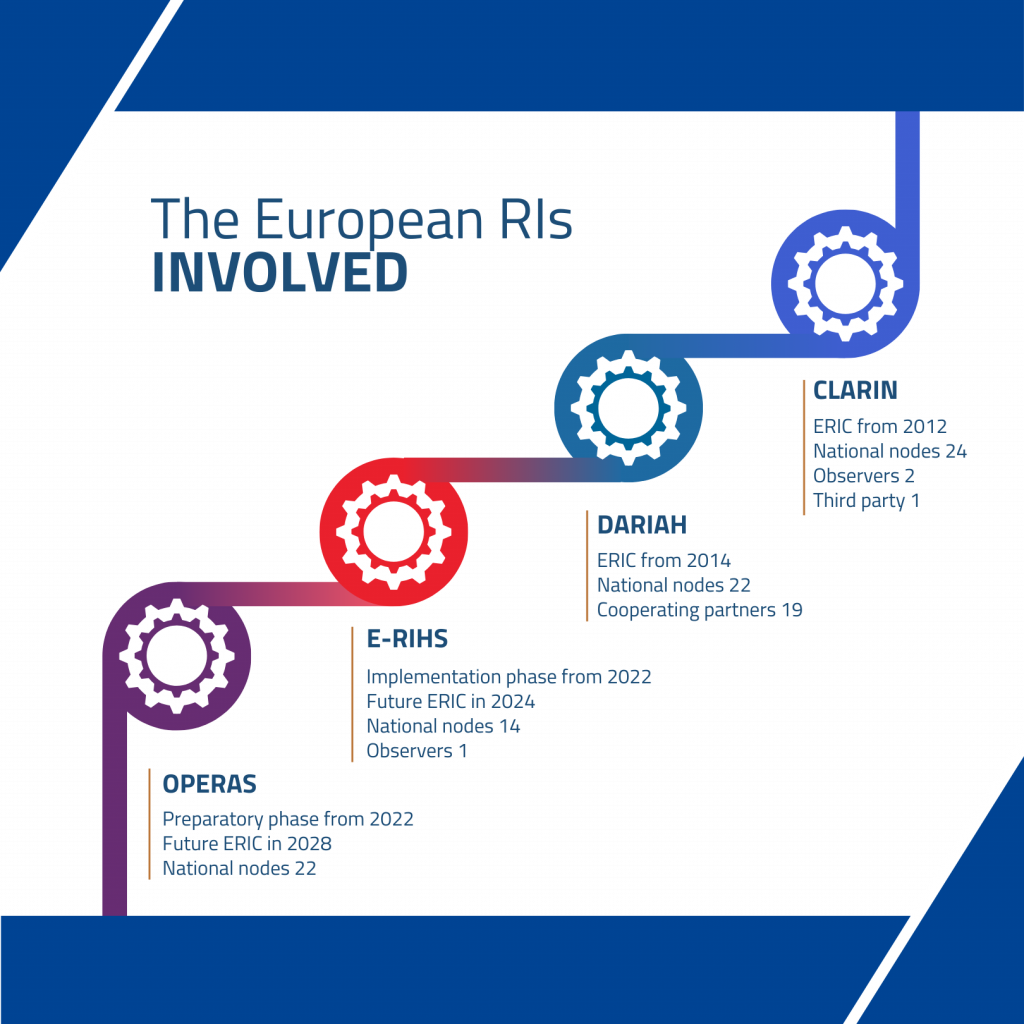
CLARIN & CLARIN-IT
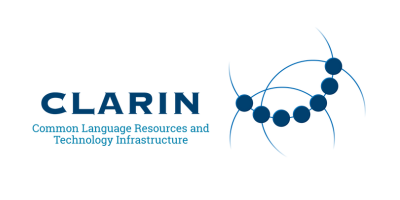
CLARIN | Common Language Resources and Technology Infrastructure
CLARIN is an ERIC-type distributed research infrastructure that aims to provide access to digital language data – written, spoken and multimodal – and to integrate them at European level with advanced search, access and analysis tools, serving scholars in the Humanities and Social Sciences to support innovation and competitiveness.
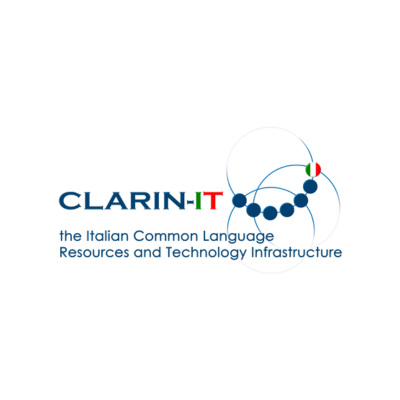
CLARIN-IT | The Italian node
On the 1st of October 2015, Italy became the 16th Full Member of CLARIN ERIC. The Italian Representative at the CLARIN General Assembly is the Italian Ministry of University and Research (MUR). CNR is the lead institution of CLARIN-IT and the CNR ILC | Institute of Computational Linguistics “A. Zampolli” coordinates and hosts ILC4CLARIN, the italian node of the CLARIN infrastructure. The CLARIN-IT consortium gathers experts who operate in the field of computational linguistics, language resources and language technologies. It has strong contacts with various research communities, such as digital humanities, computational philology, oral history, thus including Libraries and Archives and Foundations.
National Coordinator
Monica Monachini, research director at CNR ILC
DARIAH & DARIAH-IT
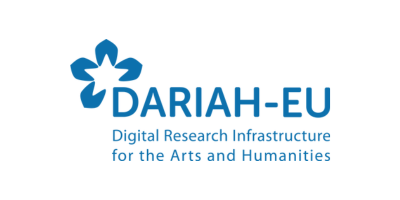
DARIAH | Digital Research Infrastructure for the Arts and Humanities
DARIAH was established as an ERIC for Social & Cultural Innovation in August 2014. It develops, maintains and operates an infrastructure to support the ICT-based research practices and sustains researchers in using them to build, analyse and interpret digital resources. DARIAH brings together individual state-of-the-art digital arts and humanities activities and scales their results to a European level. It preserves, provides access to and disseminates research that stems from these collaborations and ensures that best practices, methodological and technical standards are followed.
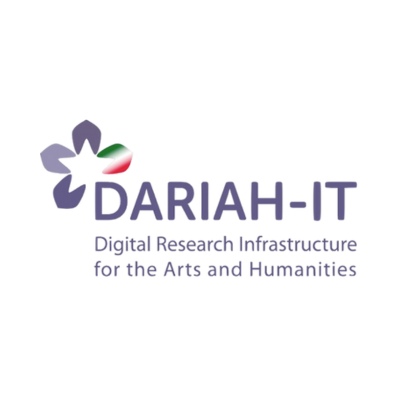
DARIAH-IT | The Italian Node
DARIAH-IT is supported by a diverse and cohesive partnership: the Italian Ministry of Universities and Research (MUR), the Italian Ministry of Culture (MIC) and the CNR, which acts as implementing organization.
DARIAH IT aims to enhance and disseminate Italian humanistic research and expertise, strengthen its presence and role on the international scene, and seize funding opportunities at national, European, and international levels. The organization’s autonomy, which is both strong and well-structured, supports these goals. DARIAH IT is based at the CNR OVI | Istituto Opera del Vocabolario Italiano, in the Villa Medicea di Castello in Florence.
National Coordinator
Emiliano Degl’Innocenti, researcher at CNR OVI
E-RIHS & E-RIHS.it
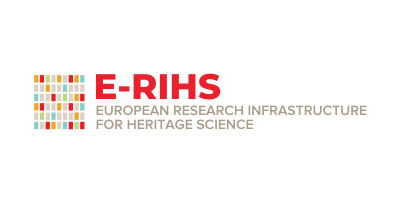
E-RIHS | European Research Infrastructure for Heritage Science
E-RIHS supports the research community on heritage interpretation, preservation, documentation, innovation and management. In 2016, E-RIHS entered the ESFRI Roadmap and it is on track to become a legal entity as ERIC in 2024. E-RIHS applies an innovative and interdisciplinary approach to answer the specific needs of cultural and natural heritage assets and improve their understanding and preservation.
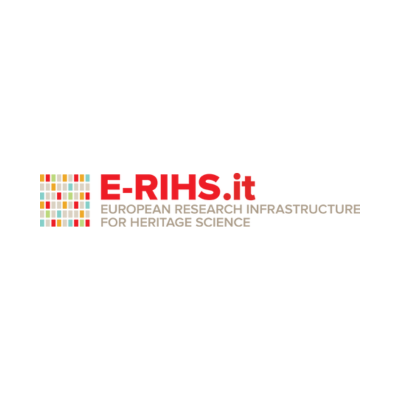
E-RIHS.it | The Italian node
E-RIHS.it, supported by the MUR, strengthens the Italian position in Europe in the field of Heritage Science and improves its capabilities in the technological and scientific fields related to Cultural Heritage, integrating cutting-edge facilities and offering access to a wide range of high-level scientific tools, as well as methodologies and data, to promote knowledge and innovation in the conservation of Cultural Heritage. E-RIHS.it connects researchers from different organisations and contributes to their mobility, fostering the dissemination and exploitation of national research and technological development. E-RIHS.it is lead by CNR ISPC | Istituto di Scienze del Patrimonio Culturale.
National Coordinator
Costanza Miliani, interim director at CNR ISPC
OPERAS & OPERAS-IT
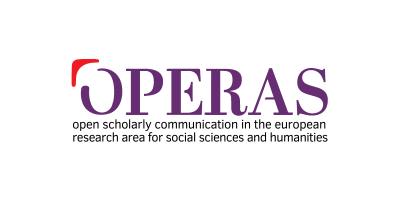
OPERAS | Open scholarly communication in the European research area for social sciences and humanities
OPERAS is a distributed research infrastructure supporting open scholarly communication in the Social Sciences and Humanities (SSH) in the European Research Area (ERA), enabling and promoting Open Science in line with the EOSC. Selected as a key research infrastructure in Europe in the ESFRI Roadmap 2021, it is headquartered in Brussels. OPERAS is currently transitioning from the status of an international non-profit association under Belgian law (AISBL) to that of an ERIC, to become fully operational as an ERIC in 2028.
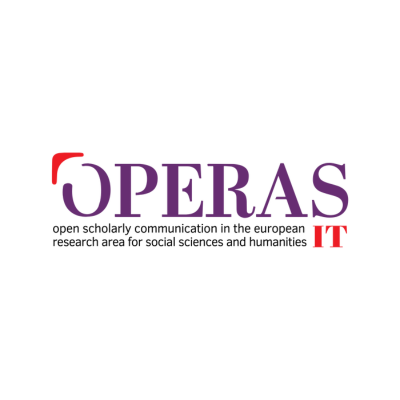
OPERAS-IT | The Italian node
OPERAS-IT was legally established in August 2023 as a Joint Research Unit (JRU), coordinated by the CNR through the CNR ILIESI | Istituto per il Lessico Intellettuale Europeo e la Storia delle Idee. OPERAS-IT encourages broad participation of the national scientific community and helps to maximise the results of investment in research in the Social Sciences and Humanities (SSH) in Italy. Moreover, it promotes the transfer of technology and knowledge, and contributes to carry out activities in the multidisciplinary field of open scientific communication in the SSH.
National Coordinator
Enrico Pasini, director of CNR ILIESI
